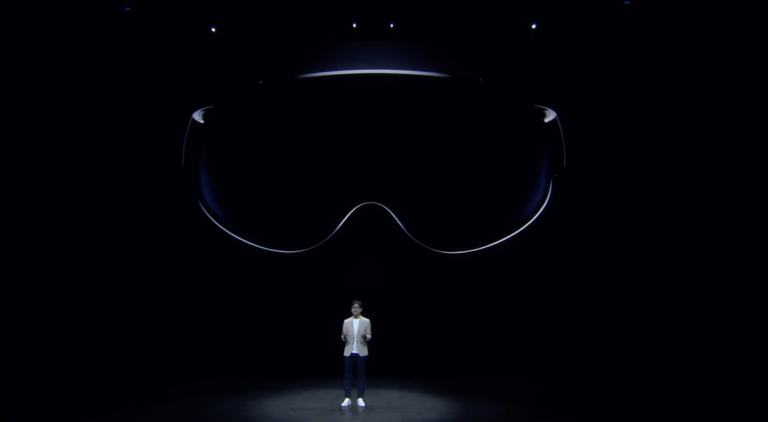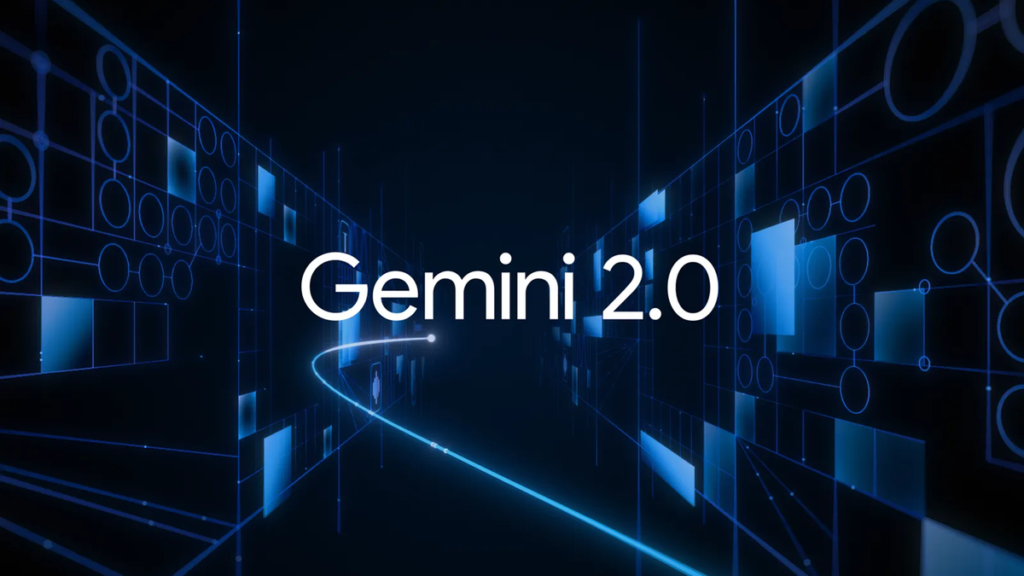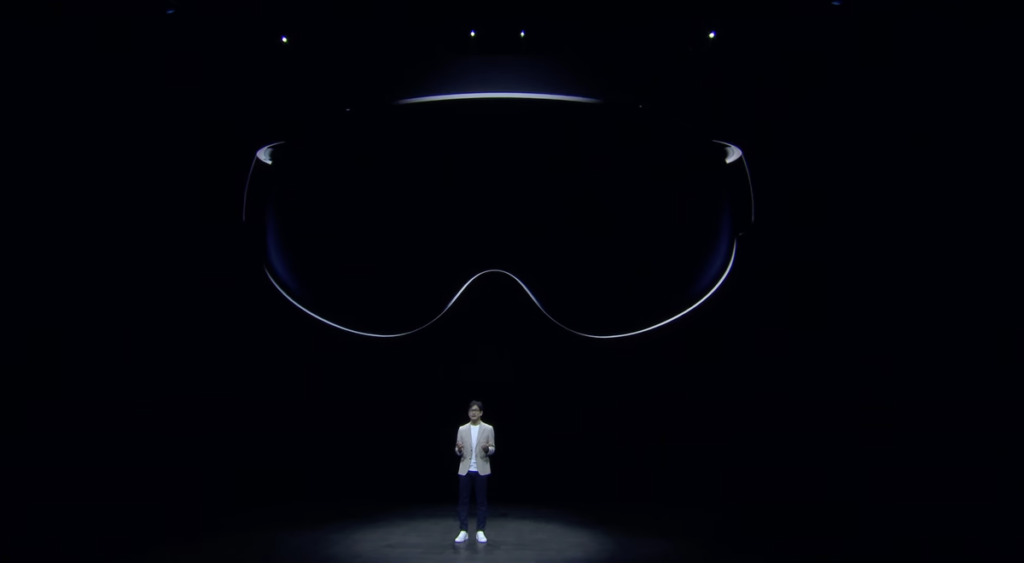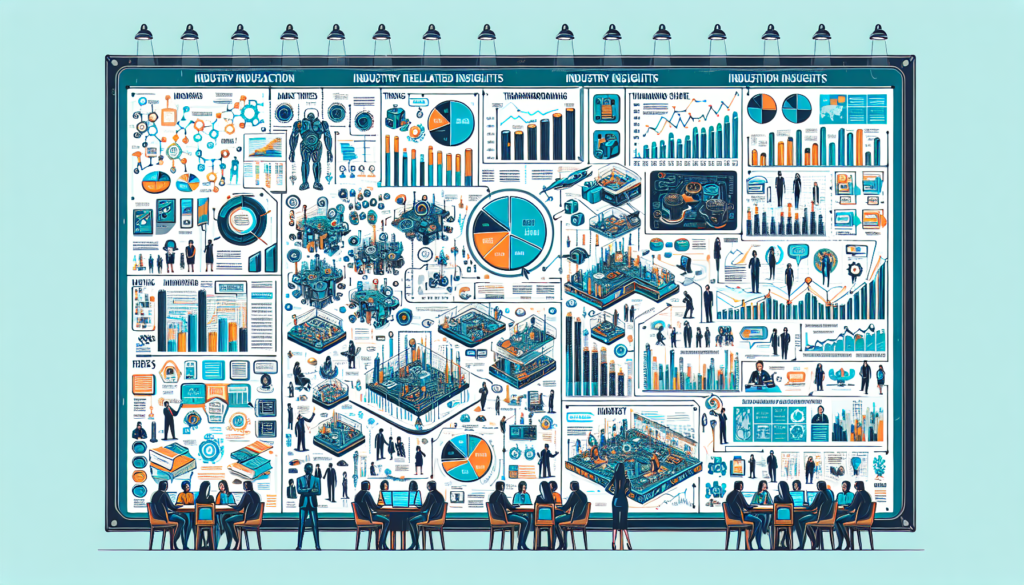Understanding AI in Digital Marketing
Artificial Intelligence (AI) has become a cornerstone of digital marketing, transforming how brands engage with their audiences. By leveraging machine learning algorithms, data analytics, and predictive modeling, businesses can create personalized marketing strategies that resonate with consumers. Understanding the role of AI in digital marketing is essential for companies seeking to stay competitive in an increasingly digital landscape.
At its core, AI in digital marketing involves using technology to automate tasks that traditionally required human intelligence. From analyzing customer data to predicting behavior, AI enables marketers to make data-driven decisions that enhance the overall effectiveness of their campaigns. This shift allows for more efficient resource allocation and improved customer experiences.
Enhanced Customer Insights
One of the most significant advantages of AI in digital marketing is its ability to provide enhanced customer insights. By analyzing vast amounts of data from various sources, AI tools can identify patterns and trends that would be nearly impossible for a human analyst to discern. This capability helps marketers understand their audience better, allowing them to tailor their strategies accordingly.
For example, AI can segment customers based on their behavior, preferences, and demographics. This segmentation allows brands to craft highly targeted campaigns that resonate with specific customer groups. By understanding what motivates their audience, marketers can create more compelling messages and offers that drive engagement and conversions.
Personalization at Scale
Personalization has become a vital component of successful digital marketing strategies. AI enables brands to deliver personalized content and experiences at scale. By leveraging AI algorithms, businesses can analyze user behavior in real time and adjust their messaging accordingly. This ensures that the right message reaches the right person at the right time.
For instance, e-commerce platforms use AI to recommend products based on a user’s browsing history and purchase behavior. Similarly, streaming services utilize AI to suggest content tailored to individual preferences. This level of personalization significantly enhances user experience, fosters brand loyalty, and ultimately drives sales.
Automation of Marketing Tasks
AI plays a crucial role in automating various marketing tasks, allowing teams to focus on more strategic initiatives. From email marketing to social media management, AI-driven tools can handle repetitive tasks efficiently. For example, AI can automate email campaigns by segmenting lists, personalizing content, and optimizing send times to increase open rates.
Chatbots are another excellent example of AI automation in digital marketing. These virtual assistants can engage with customers in real-time, answering questions, providing recommendations, and even processing transactions. By automating customer interactions, businesses can enhance their customer service while freeing up human agents to handle more complex inquiries.
Predictive Analytics for Better Decision Making
Predictive analytics is one of the most powerful applications of AI in digital marketing. By analyzing historical data and identifying trends, AI can predict future customer behavior. This insight allows marketers to make informed decisions about their campaigns, optimizing strategies based on anticipated outcomes.
For example, businesses can use predictive analytics to determine which products are likely to be popular in the coming months, allowing them to adjust inventory and marketing efforts accordingly. Additionally, marketers can identify potential churn rates and implement retention strategies to keep customers engaged. This proactive approach helps brands stay ahead of the competition and maximize their marketing ROI.
Improving Content Creation and Curation
Content is king in digital marketing, and AI is revolutionizing how content is created and curated. AI tools can analyze what types of content perform best across different platforms, providing insights that help marketers craft more effective strategies. Furthermore, AI can assist in generating content, from writing articles to creating social media posts.
Natural Language Processing (NLP) is a subset of AI that enables machines to understand and generate human language. This technology can be utilized to create engaging content that resonates with audiences while ensuring it is optimized for search engines. By automating aspects of content creation, brands can maintain a consistent online presence and engage their audience more effectively.
Optimizing Ad Campaigns
AI is also transforming the way businesses manage and optimize their advertising campaigns. Through machine learning algorithms, AI can analyze ad performance in real-time, making adjustments to improve effectiveness. This capability allows marketers to maximize their ad spend and achieve better results.
For instance, AI can determine which ad placements are performing best and allocate budget accordingly. Additionally, AI can help identify the optimal target audience for each ad, ensuring that marketing messages reach those most likely to convert. By leveraging AI for ad optimization, businesses can enhance their return on investment and drive more sales.
Enhancing SEO Strategies
Search Engine Optimization (SEO) is a critical aspect of digital marketing, and AI is playing an increasingly important role in this area. AI tools can analyze search engine algorithms and identify the factors that influence rankings. This insight enables marketers to create content that aligns with search engine requirements, improving their chances of ranking higher.
Moreover, AI can assist in keyword research by analyzing search trends and identifying relevant keywords to target. By understanding what users are searching for, marketers can create content that meets their needs, ultimately driving more organic traffic to their websites. AI-driven SEO tools can also monitor site performance and provide recommendations for optimization, ensuring that businesses stay competitive in search results.
AI-Powered Social Media Marketing
Social media marketing is another area where AI is making a significant impact. AI tools can analyze user interactions on social media platforms, providing insights into audience preferences and behavior. This information helps marketers create targeted campaigns that resonate with their followers.
Additionally, AI can automate social media posting and engagement, allowing brands to maintain an active presence without overwhelming their teams. For example, AI can schedule posts for optimal times based on audience activity, maximizing reach and engagement. Furthermore, sentiment analysis tools can gauge public perception of a brand, helping marketers adjust their strategies in real-time.
Measuring and Analyzing Campaign Performance
Measuring the effectiveness of marketing campaigns is crucial for continuous improvement, and AI provides robust tools for performance analysis. By aggregating data from various sources, AI can offer comprehensive insights into how campaigns are performing. Marketers can track key performance indicators (KPIs) such as click-through rates, conversion rates, and customer acquisition costs.
AI can also assist in A/B testing, allowing marketers to experiment with different approaches and determine which performs best. By analyzing the data generated from these tests, businesses can make informed decisions that enhance their marketing strategies. This data-driven approach ensures that campaigns are continually optimized for maximum effectiveness.
Challenges and Considerations
While the benefits of AI in digital marketing are substantial, there are also challenges to consider. One significant concern is data privacy. As AI relies heavily on consumer data to function effectively, businesses must navigate regulations such as GDPR to ensure compliance. Failure to do so can result in legal repercussions and damage to a brand’s reputation.
Additionally, the implementation of AI technology can be resource-intensive. Businesses need to invest in the right tools and training to fully leverage AI’s capabilities. This may require a shift in organizational structure and processes, which can be daunting for some companies. However, the long-term benefits of incorporating AI into digital marketing strategies often outweigh these challenges.
The Future of AI in Digital Marketing
As technology continues to evolve, the role of AI in digital marketing will only grow more significant. Innovations in machine learning, natural language processing, and data analytics will pave the way for even more advanced marketing strategies. Brands that embrace these changes and invest in AI technology will be well-positioned to thrive in the future.
Consumers are becoming increasingly accustomed to personalized experiences, and AI will play a crucial role in delivering those experiences. As brands harness the power of AI, they will be able to create more engaging, relevant, and timely marketing campaigns that resonate with their audiences. The future of digital marketing is undoubtedly intertwined with the advancements in AI technology, and businesses must adapt to stay ahead of the curve.














